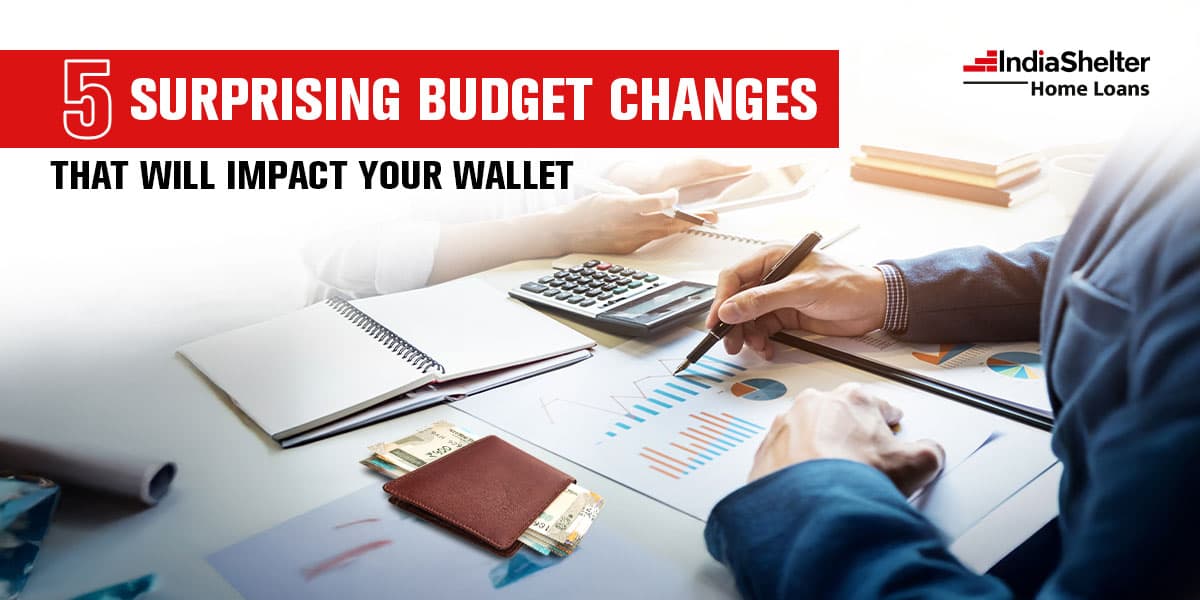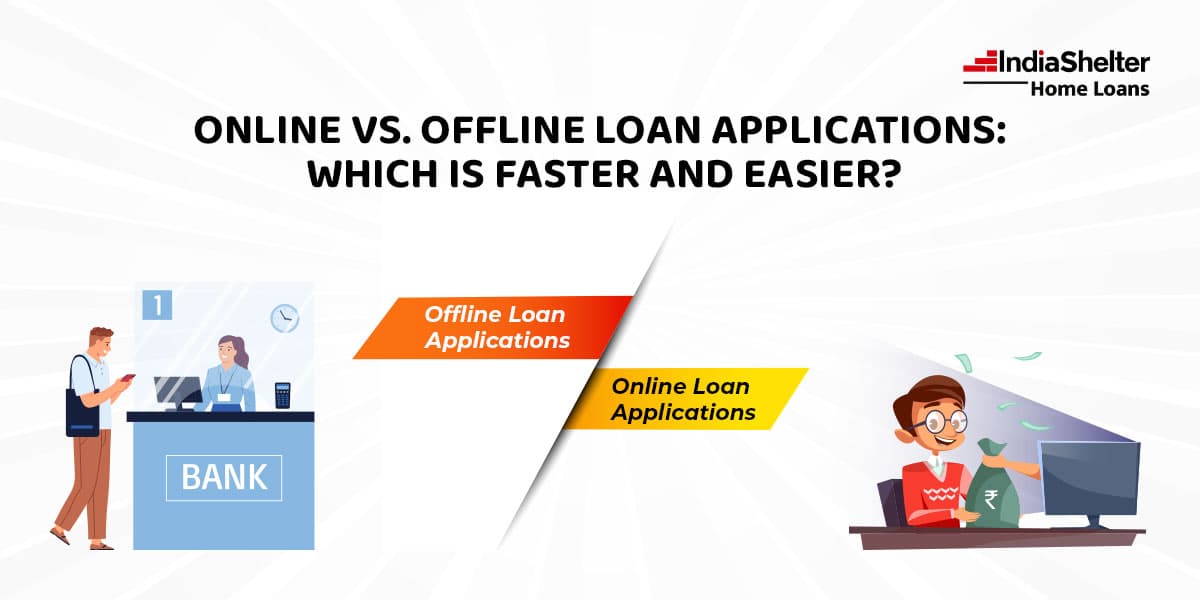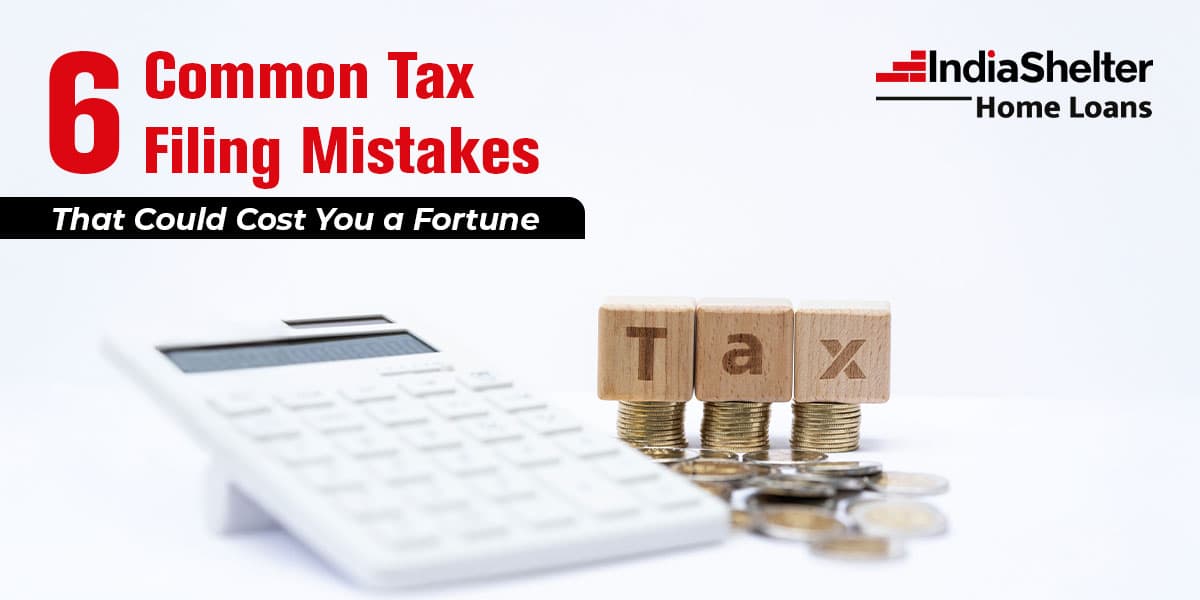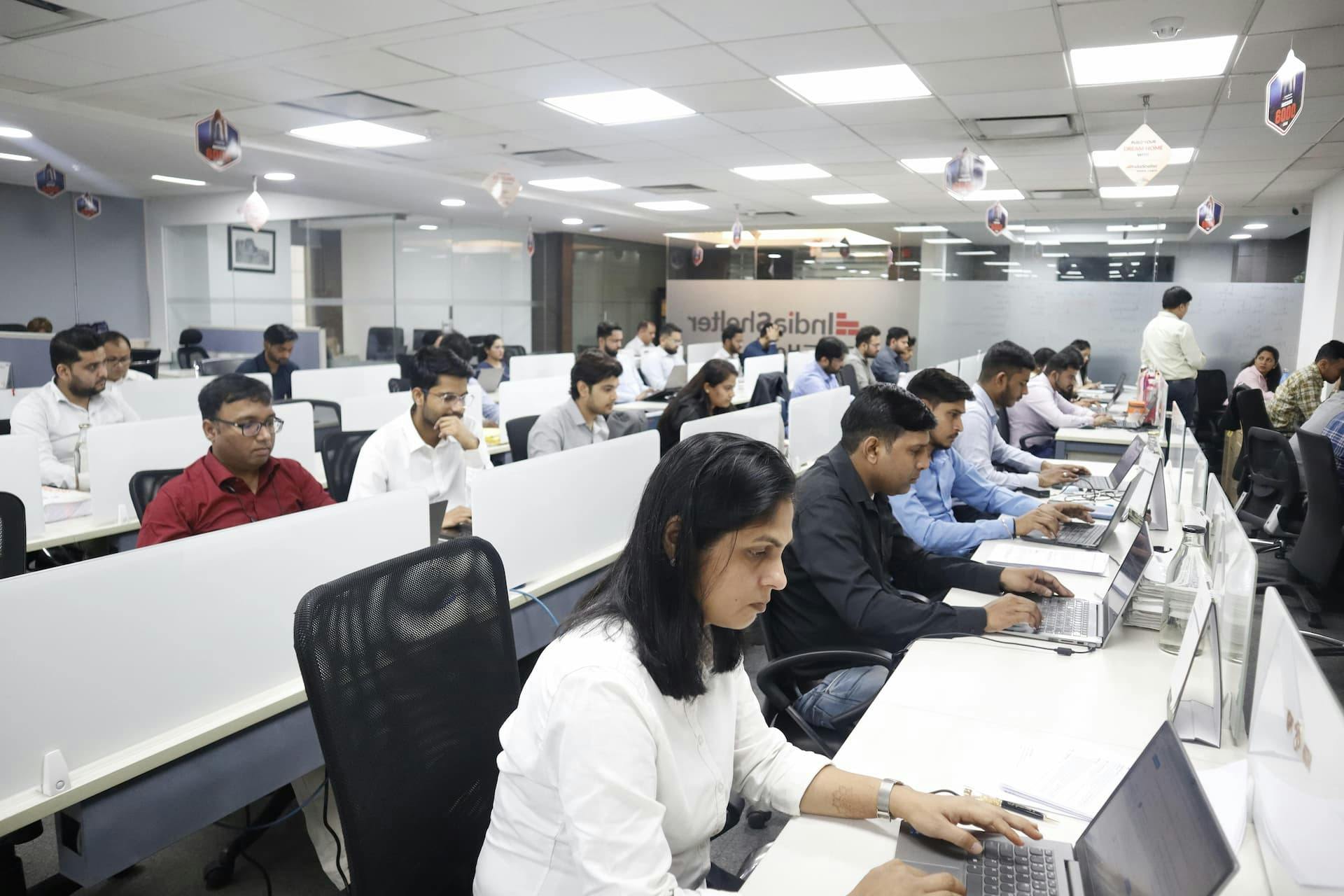Secured vs. Unsecured Loan: How to Choose Between a Secured and Unsecured Loan?

Published on :2024-11-05
Today, in the digital age that we live in, convenience is at the centre of all business operations. The brands want to be available to their potential customers at any time they need. The financial organisations are no different. Nowadays, you can get a loan for any purpose, be it for your aspirational or emergency needs.
You will find various types of loans in the market. But broadly, all loans can be categorised into two types – secured loans and unsecured loans. As a borrower, you must know the difference between a secured loan and an unsecured loan. This will help you make an important decision about which loan to avail, which, in turn, can have a long-term effect on your financial health.
What is a secured loan?
A secured loan is a type of credit where you must provide security, i.e., a tangible asset to the lender for getting the funds. The asset could be real estate property, FDR (fixed deposit receipts), jewellery, business equipment, vehicles, etc. Since a secured loan involves an asset, the risk involved for the lenders is less than that of unsecured loans. Therefore, they offer loans at comparatively lower interest rates and more flexible repayment terms to suit your needs. Some e.g. of secured loans are Home loans, commercial vehicle loans, gold loans, auto loans, loans against property etc.
However, if you fail to repay the loan, the lender has the legal right to take over the possession of the asset you pledge; they can auction off the asset and recover their money. However, before the lenders take over the asset, they provide a grace period to clear off the dues and get back on track with the monthly EMI payments.
What is an unsecured loan?
An unsecured loan is a type of credit that does not require you to provide any asset to the lender as security against the funds you borrow. These loans may have a higher interest rate as compared to secured loans because of the high risk involved for the lender in extending the loan to you.
In unsecured loans, the lender approves your loan application mainly based on their assessment of your financial credentials and ability to repay the amount on time. If you have a stable income, are employed by a reputed organisation, or have been running a business successfully for a few years, you would have better chances of getting your loan application approved without any hassles. Applying for an unsecured loan is a great option when you need funds urgently but do not have any significant assets to handle.
Difference between secured loan and unsecured loan
Now that you know what a secured loan is and what an unsecured loan is, let's compare secured vs. unsecured loans and understand the differences between the two. The table below will help you understand better.
|
Criteria |
Secured Loan |
Unsecured Loan |
|
Collateral |
In a secured loan, you must pledge an asset with the lender to get the funds. It is a mandatory requirement. |
You need not pledge any asset to secure a loan. |
|
Interest Rates |
Generally, the interest rates for secured loans are comparatively lower than unsecured loans. |
Generally, the interest rates for unsecured loans are comparatively lower than secured loans. |
|
Borrowing Limit or LTV (loan to value ratio) |
Generally, the lenders extend a maximum loan of up to 80% of the current market value of the asset you pledge. |
The maximum loan amount you can get greatly depends on the lender’s assessment of your repayment capacity. |
|
Repayment tenure |
The secured loans have a longer repayment tenure. The EMIs are affordable, allowing you to easily manage the repayment. |
Unsecured loans have a shorter repayment tenure. Therefore, the EMIs can be high, and managing the monthly payments can be challenging. |
|
Documents required |
For secured loans, lenders have an elaborate documentation process. You must submit several documents, including filling the form, supporting documents, and property-related papers |
Typically, for unsecured loans, the documentation process is quite simple. You need to submit only a few basic documents like identify proof, address proof and income documents. |
|
Credit score requirement |
Lenders prefer extending the loan to only people with a high credit score of 750+. But some lenders may approve the loan even with a lower credit score but charge a high interest. |
Depending on the lender’s policies, you can get an unsecured loan even with a low credit score. |
Secured loan or unsecured loan – Which one should you choose?
Whether you must choose a secured loan or an unsecured loan greatly depends on your specific requirements. However, there are certain important factors that you must consider before making an informed decision. These factors include:
- Ready to offer security
Pledging as an asset is a mandatory requirement for getting a secured loan. So, you must decide if you are ready to pledge an asset and take the risk of securing a loan against it or not. If you don't feel comfortable about offering collateral or fear losing the asset, you can opt for an unsecured loan.
- Financial requirements
With secured loans, you can get a loan amount of Rs. 1 crore or more and also get a longer repayment tenure so that you can easily manage the repayment. If you are looking for a smaller loan to meet your immediate or emergency expenses and want to get the funds quickly, you can go for an unsecured loan.
- Credit score
When you apply for an unsecured loan, your credit score plays an important role as it reflects your creditworthiness. If your credit score is high, you can get the credit at competitive interest rates.
If your credit score is low, it is better to apply for a secured loan as the collateral you offer will provide the lenders with an assurance of recovering the money, and you can get the credit at a competitive interest rate.
Related Blogs

2025-04-14
Surprising Budget Changes That Will Impact Your Wallet
Explore major budget shifts affecting savings, loans, and expenses. Stay ahead with insights on financial changes that could impact your wallet this year.

2025-04-14
Online vs. Offline Loan Applications: Which is Faster and Easier?
Discover the key differences between online and offline loan applications. Learn about their benefits, processes, and choose the right option for your needs.

2025-04-10
Common Tax Filing Mistakes That Could Cost You a Fortune
Learn about common tax filing mistakes that can cost you money. Avoid errors, maximize deductions, and ensure a smooth tax filing process with these tips.
Disclaimer: *By contacting IndiaShelter on Toll Free/WhatsApp/Website or any other mode, you authorize our representatives to reach out to you through personal communication via SMS, WhatsApp and phone calls regarding our services. This consent will supersede any registration for any Do Not Call (DNC) / National Do Not Call (NDNC).
© India Shelter Finance Corporation 2024 | All rights reserved
Design with byCyberworx





